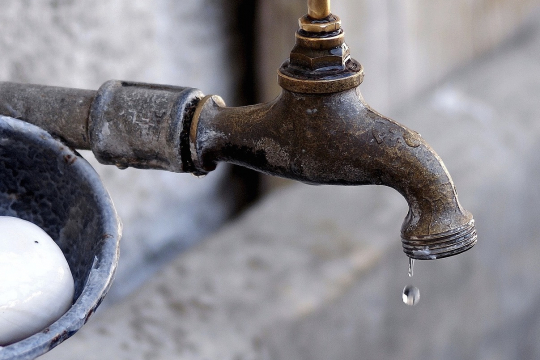Abstract
The subjective well-being literature tends to assess the effects of social comparison on public services by downplaying the significance of asymmetric comparison effects. Moreover, the literature tends to use cross-sectional data and lacks national coverage. This paper investigates the role of social comparisons in determining the satisfaction of South African households with municipal water service delivery. We use a unique balanced-panel dataset from 2015-2017 with national coverage, from Statistics South Africa General Household Surveys. Unobserved heterogeneity is controlled by using the random effects model with a Mundlak term. We find indications of rivalry between households at the provincial level, but indications of altruism or risk-sharing between closer neighbors. Moreover, we find evidence of both downward and upward comparison, with the latter having the strongest effect. Comparison effects influence households differently. We conclude that, since satisfaction with water service delivery seems to be strongly influenced by psychological and behavioral factors such as social comparison, satisfaction surveys serve a limited purpose as a foundation for public policy, because satisfaction is determined in part by factors that are unrelated to the actual service experienced by households. Our empirical evidence confirms this line of reasoning. The findings are robust for a variety of reference groups.
Keywords: comparison, households, municipality, satisfaction, water.

